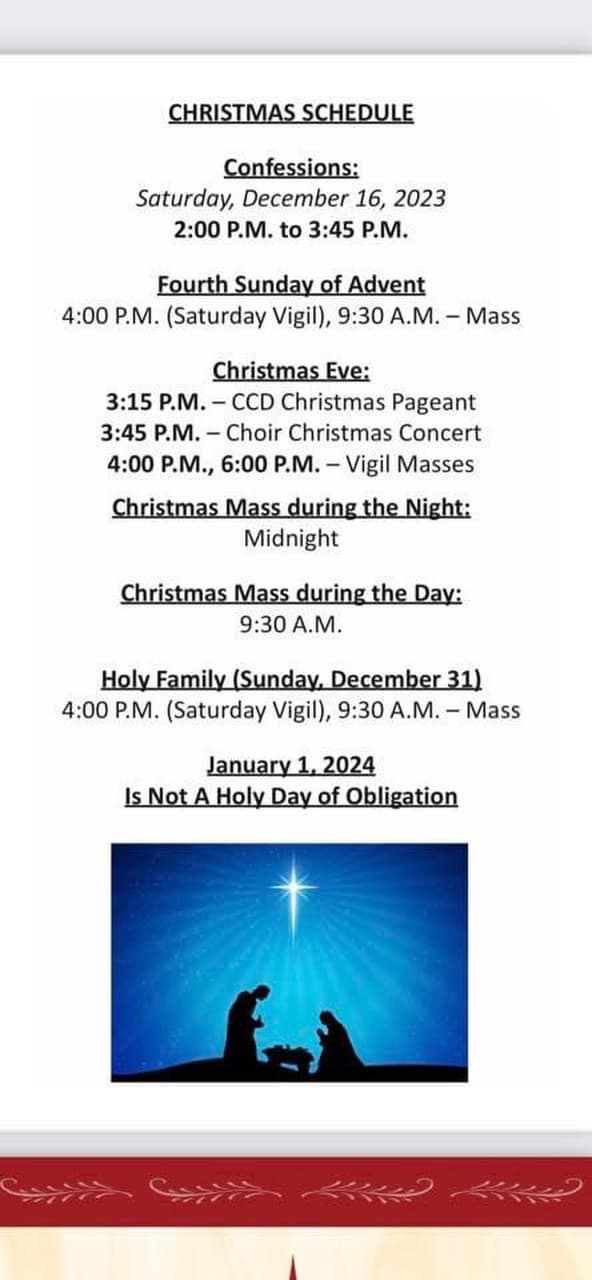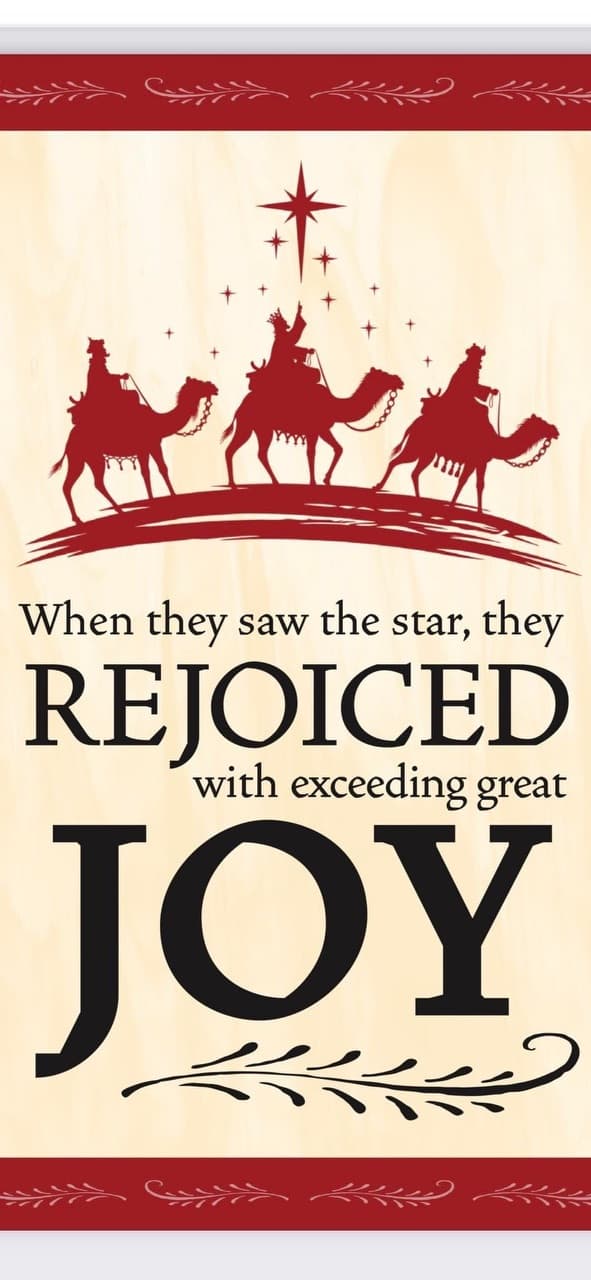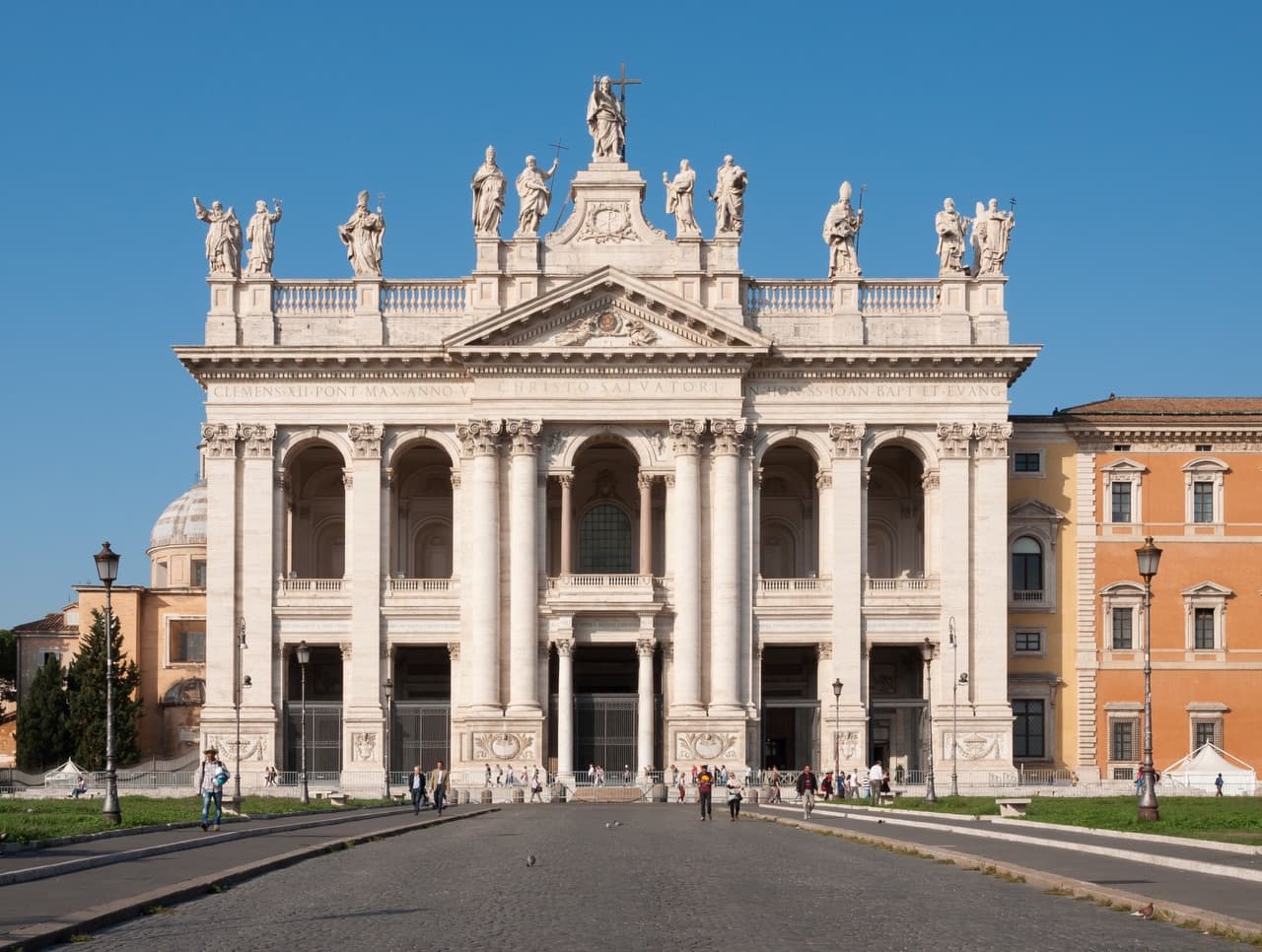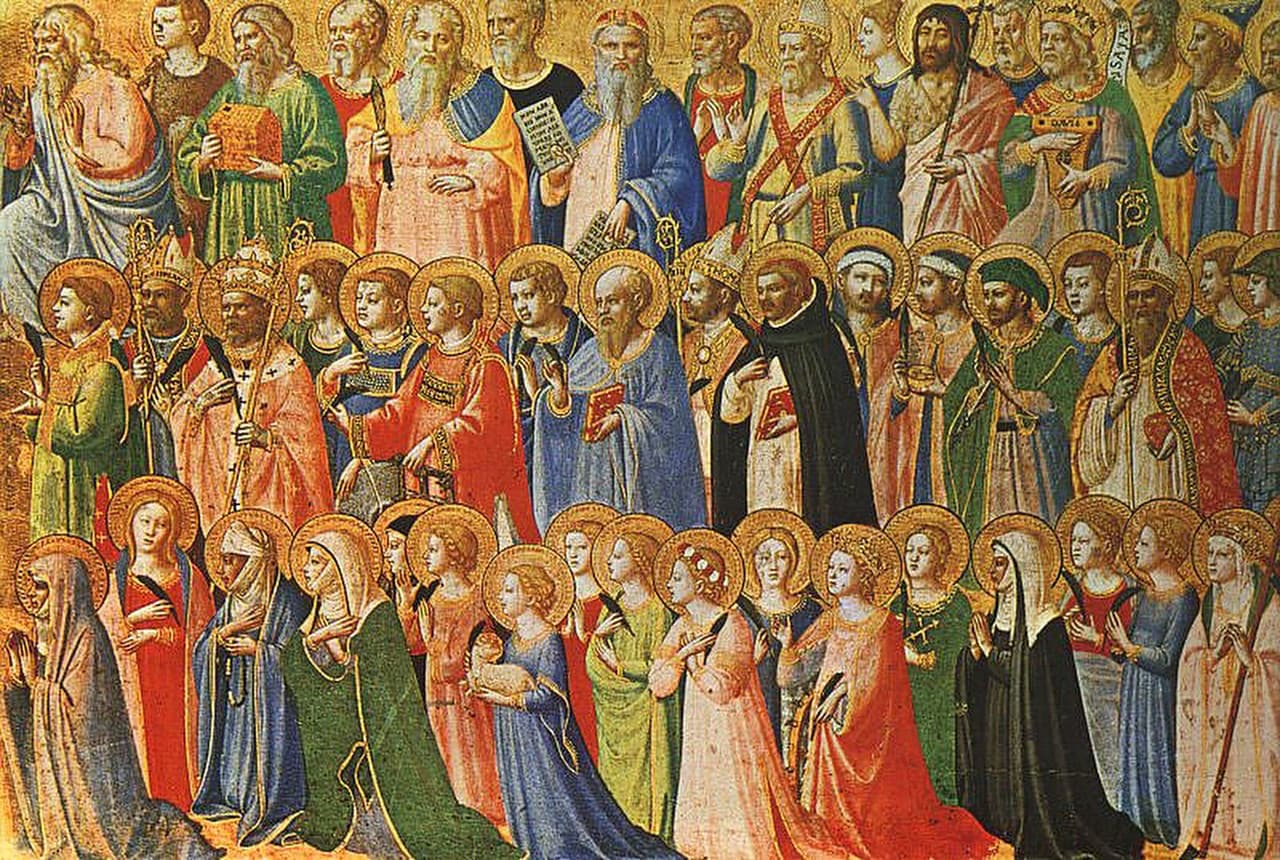Nearby Communities

University Parish of Holy Ghost

Holy Infancy

Saints Simon and Jude

Incarnation of Our Lord
Wednesday, December 3, 2025 | Matthew 15:29-37
1 min 30 sec • 03 Dec 2025
St. Ursula
Parish
Fountain Hill, Pennsylvania
Parish
Fountain Hill, Pennsylvania
About
Masses
Monday–friday
8:00
Saturday
8:00,
4:00
Sunday
9:30
Holy Days Of Obligation
5:15,
8:00,
6:00
Confessions
Saturday
3:15–
Any Time
By ap
Eucharistic Adoration with Benediction
First Saturdays
8:30–
Mass
Sunday
08:00 (English),
10:00 (English)
Saturday
16:00 (English)
Weekdays
08:00
Confession
Saturday
15:15 to 15:50
Sponsorships

Amador Tree & Landscaping Services

Senior Insurance Solutions








